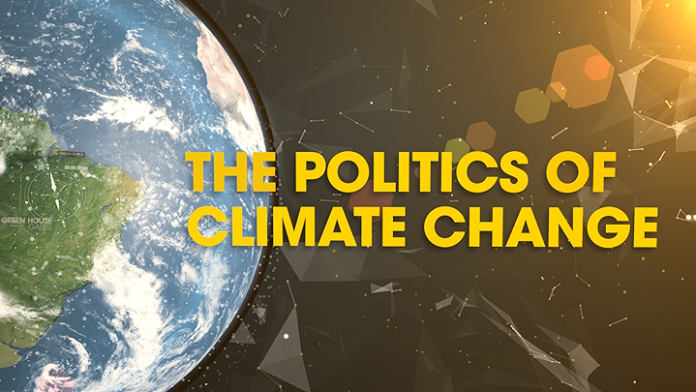Liberia faces a complex challenge: climate change. Rising temperatures, erratic weather patterns, and environmental degradation threaten Liberia’s ecosystems, resources, and development. This article explores the intersection of climate change and politics in Liberia.
Environmental Threats and Resource Scarcity
Climate change worsens environmental issues. Deforestation, driven by agriculture and logging, increases soil erosion and biodiversity loss. Changing rainfall patterns and droughts create water scarcity, impacting agriculture, food security, and livelihoods. Competition for dwindling resources could fuel conflict, highlighting the need for sustainable management and adaptation strategies.
Vulnerability and Adaptation Needs
Liberia’s reliance on rain-fed agriculture, weak infrastructure, and high poverty make it particularly vulnerable. Extreme weather events disproportionately affect vulnerable communities, leading to food insecurity, displacement, and economic hardship. Liberia prioritizes adaptation through climate-resilient agriculture, disaster preparedness, and infrastructure development. However, limited resources and institutional capacity hinder effective adaptation, emphasizing the need for international cooperation.
Governance and Policy Responses
Climate change demands coordinated and proactive responses from Liberian policymakers. Strengthening climate governance institutions, enhancing inter-agency coordination, and promoting multi-stakeholder partnerships are crucial. Integrating climate considerations into national development plans can mainstream adaptation and mitigation efforts across sectors. Strong political leadership is critical for ambitious climate action and ensuring Liberia’s resilience.
International Relations and Diplomacy
Liberia actively participates in international efforts like the Paris Agreement to address climate change. Engaging in climate diplomacy allows Liberia to advocate for its interests, access financial and technical assistance, and forge partnerships with other nations and actors. By strengthening diplomatic efforts, Liberia can contribute to global efforts to mitigate climate change and promote sustainable development.
Conclusion
Climate change is a political issue with far-reaching consequences for Liberia. Policymakers must prioritize climate resilience, adaptation, and mitigation to safeguard citizens and ensure sustainable development. By fostering political will, strengthening governance, and engaging internationally, Liberia can navigate the challenges and build a more resilient future.







